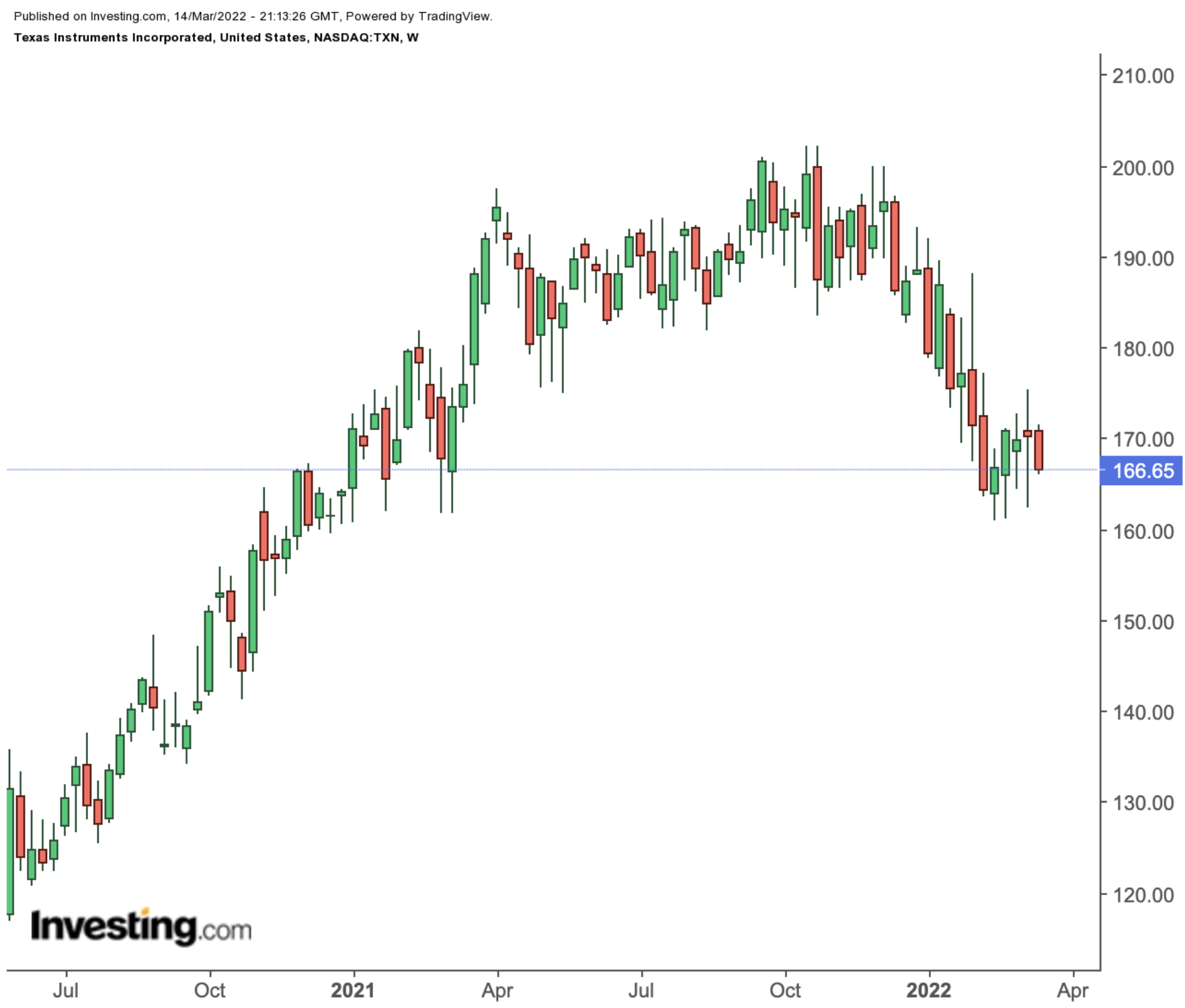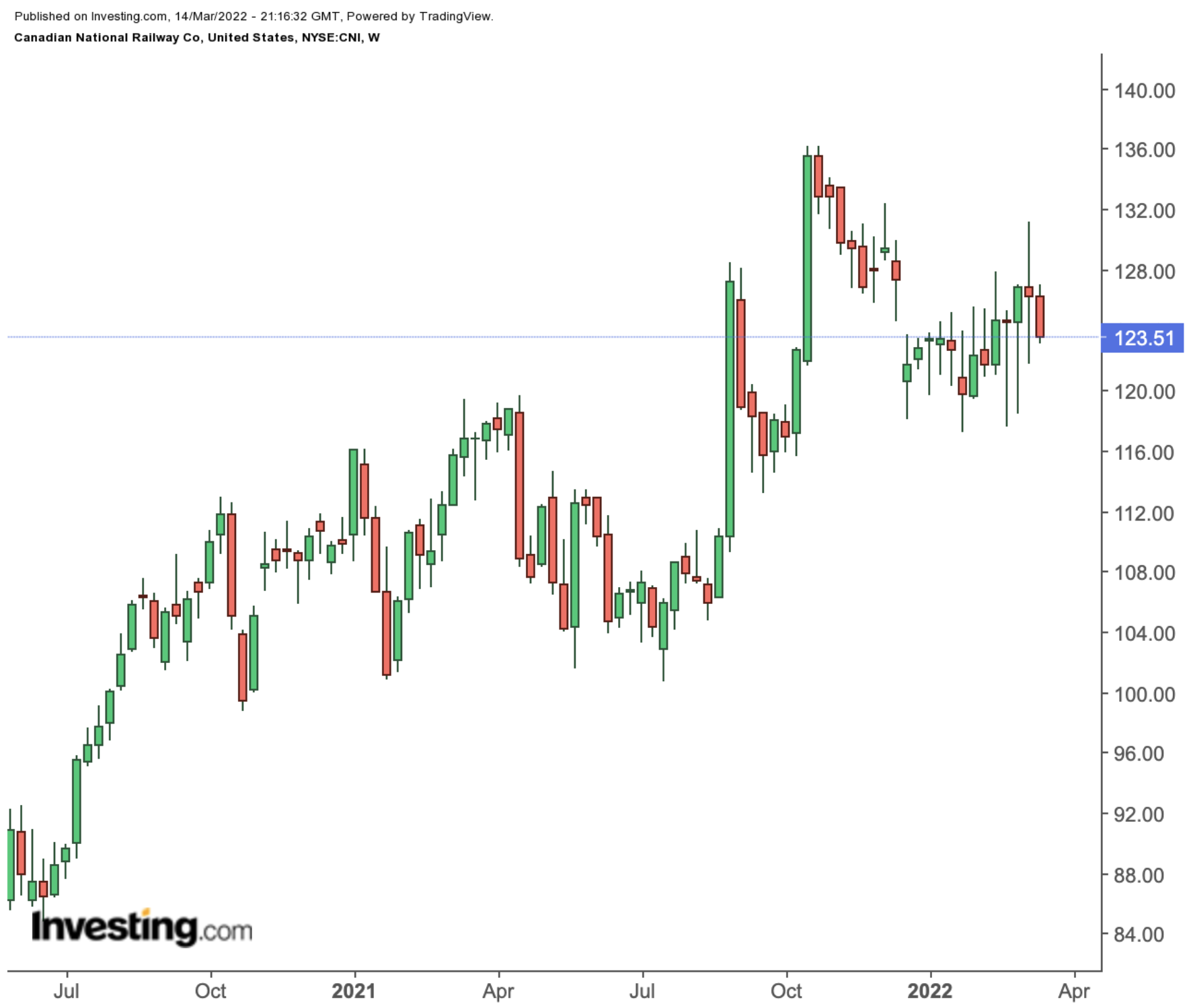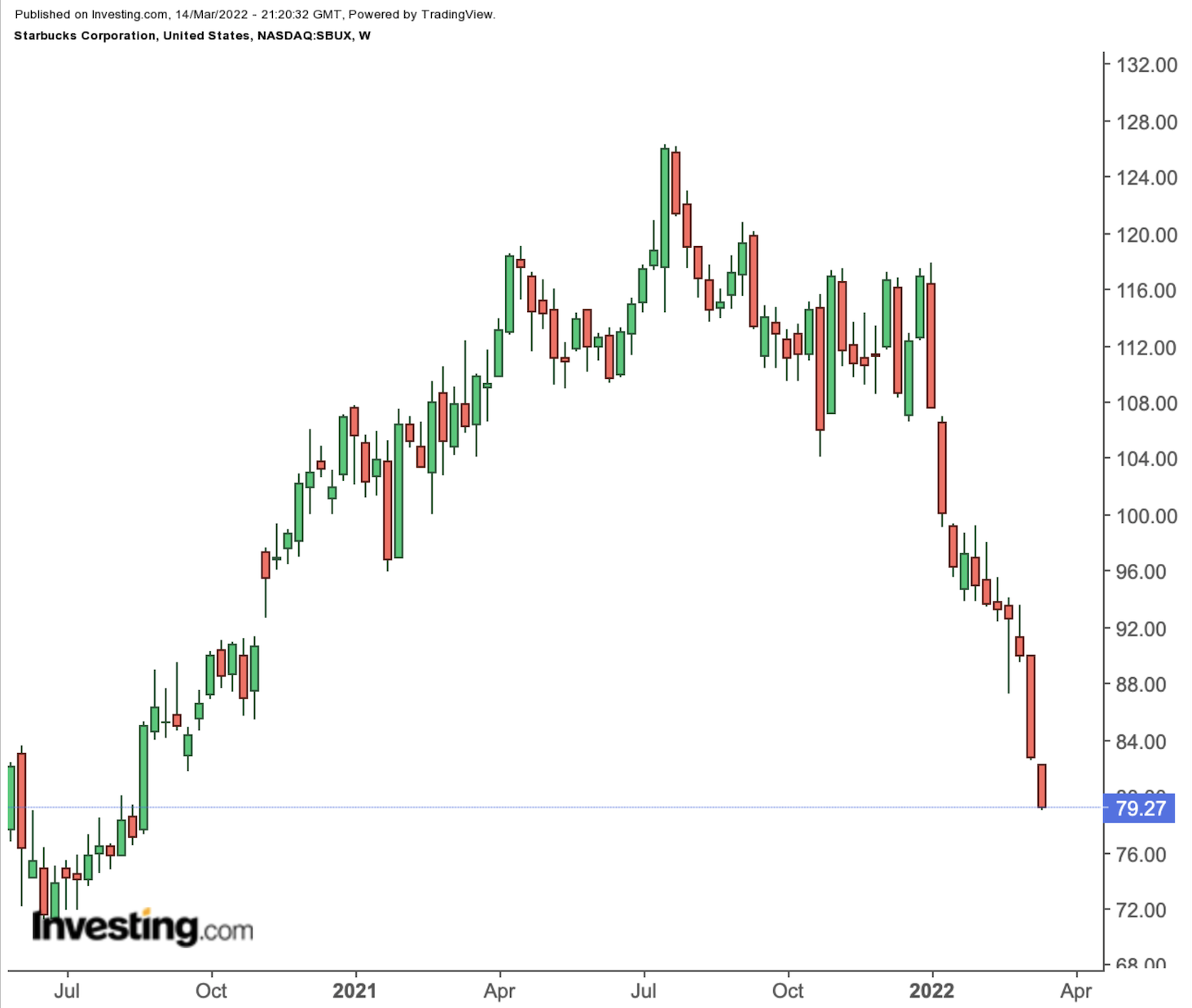It hasn’t been an easy year for stock investors. Since the start of 2022, inflation, central bank policy tightening, and the raging war between Russia and Ukraine have provided strong headwinds for the global economy, pressuring the secular, 13-year bull run for US stocks.
While cutting its outlook for US economic growth last week, Goldman Sachs said the probability of a recession in the next year might be as high as 35% amid soaring oil prices and the fallout from the war in Ukraine. Bank of America said the risk of an economic downturn is low for now but higher next year.
In this highly uncertain environment, it's not easy to pick the right stocks for your retirement portfolio, especially when a sharp slowdown in economic growth is looming. However, one proven strategy many retirees have relied on to secure growing income is to buy quality dividend growth stocks.
Companies that increase their cash payouts quarter after quarter demonstrate that they can produce steady and reliable income for investors, not just during the good times but also during downturns and recessions.
Dividend growth stocks can also be an excellent way to beat inflation. Shares of these companies—unlike bonds that pay fixed principal along with interest payments—provide a regular pay raise to stakeholders, in the shape of increasing dividends to boost spending power.
Below, we have put together a list of three stocks to earn a steadily growing income.
1. Texas Instruments
- 5-Year Average Dividend Growth: 21%
- Dividend Yield: 2.76%
- Payout Ratio: 50%
Texas Instruments (NASDAQ:TXN) produces electronic products, including vital microchips for many diversified industries. Its consolidated long-time market position and solid dividend history make it a reliable name to include in your retirement portfolio. The stock closed Monday at $166.72.

The Dallas-based chip giant is the largest producer of analog and embedded processing chips, which go into everything from household gadgets to space hardware. TI has the broadest reach in the industry, making its revenue base highly diversified. This means the company could weather an economic downturn better than its peers.
But the biggest attraction for long-term investors is the company’s dividend program, which is growing each year. With an annual dividend yield of around 3%, TI currently pays $1.15 a share quarterly, which has grown 21% per year during the past five years.
With a payout ratio of over 50%, TI is in a comfortable position to further hike its dividend in the near future. In addition, the company’s long-term growth prospects are bright given the number of electronics being added to cars and machinery. Moreover, the company posted a solid earnings report in January.
2. CN Rail
- 5-Year Average Dividend Growth: 11%
- Dividend Yield: 1.85%
- Payout Ratio: 35%
Canada’s largest railroad company, Canadian National Railway (NYSE:CNI) is another strong investment for growing dividend income. Because this railroad operator enjoys a unique competitive advantage within the North American economy, CNI is especially attractive. Shares closed Monday at $123.50.

Montreal-based CN transports more than C$250 billion ($195 billion) worth of goods annually, ranging from oil energy products to consumer goods, across a rail network of approximately 20,000 route-miles that spans Canada and mid-America, connecting the Atlantic, the Pacific, and the Gulf of Mexico. This wide economic moat makes CNR a safer long-term bet.
Strong demand for commodities such as metals, lumber, and oil helped CN post profit in 2021, almost double a year ago, when the COVID-19 pandemic took hold.
CN Rail pays $0.73 a share quarterly, which has grown about 11%, on average, annually, during the past five years. The company also posted better-than-expected earnings in January.
3. Starbucks
- 5-Year Average Dividend Growth: 18%
- Dividend Yield: 2.47%
- Payout Ratio: 50%
Shares of global food companies can provide a refuge for long-term investors during market downturns. Their low-cost meal options, global footprint, and earnings stability are some of the strengths that protect them from the extreme volatility that can affect high-flying growth stocks during uncertain times.
The global coffee chain Starbucks (NASDAQ:SBUX) is one such income stock that we recommend. It closed at $79.29 on Monday.

Shares of the Seattle-based specialty coffee and food purveyor are under selling pressure currently, the result of rising costs and the continued difficult operating environment in China—the company’s second-largest market where the local government is still imposing lockdowns to prevent COVID infections.
But that bearish spell, in our view, is a good buying opportunity, providing investors with the chance to take a stake in a company that has solid long-time growth prospects and a stellar dividend track record. The company’s strategy of keeping prices low to gain market share is the right one as it can pay off in the long run. SBUX sales in North America remain strong, and it’s just a matter of time until they will recover in China as well.
Although the company didn't beat last quarter's earnings expectations, profits remain solid.
Another reason to own Starbucks: management's focus on returning more cash to shareholders in the form of dividends. The stock currently pays a $0.49 per share quarterly dividend, which translates into an annual yield of around 2.47%. Its payout has risen about 18% per year during the past five years.
